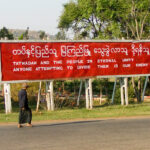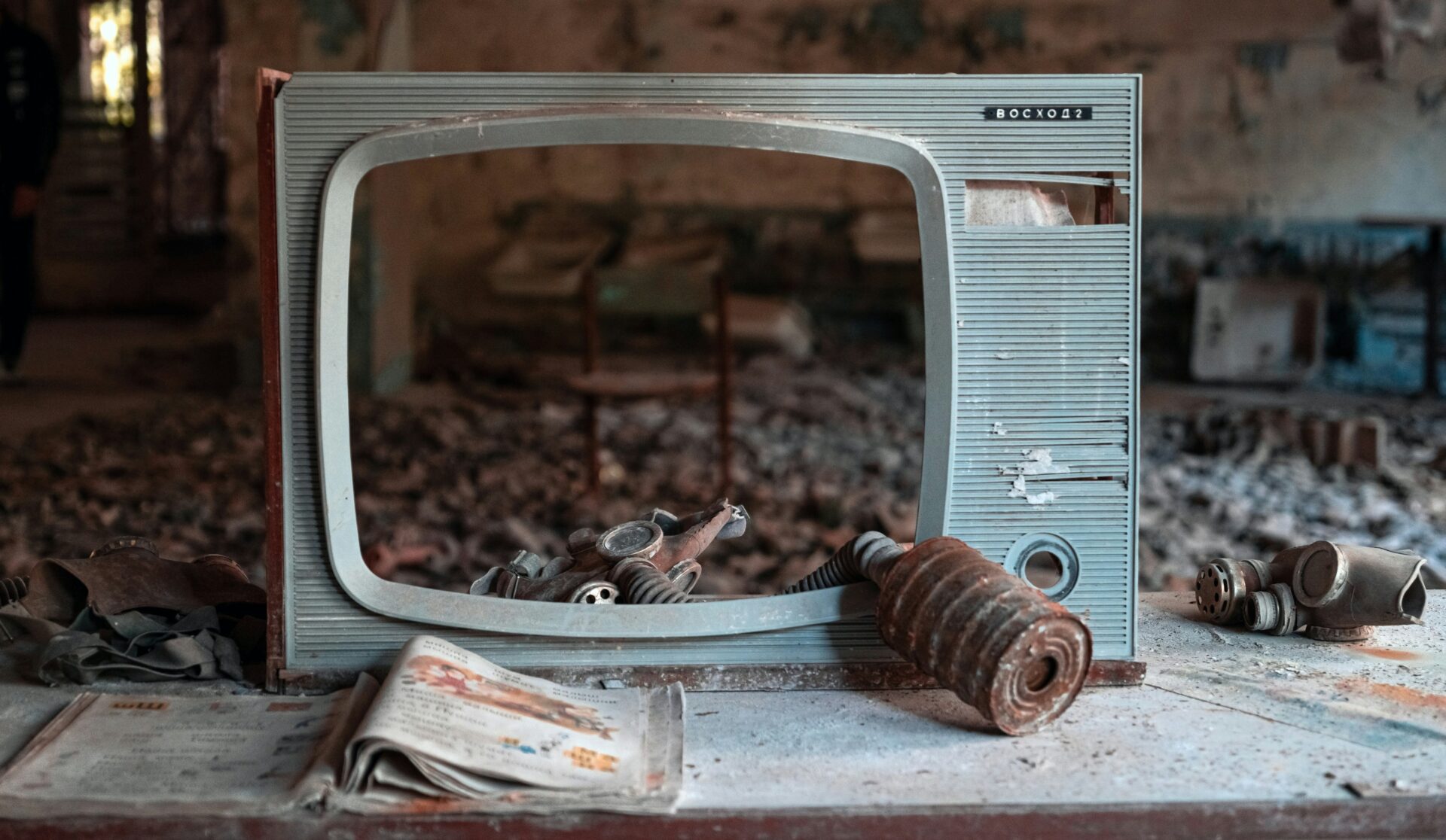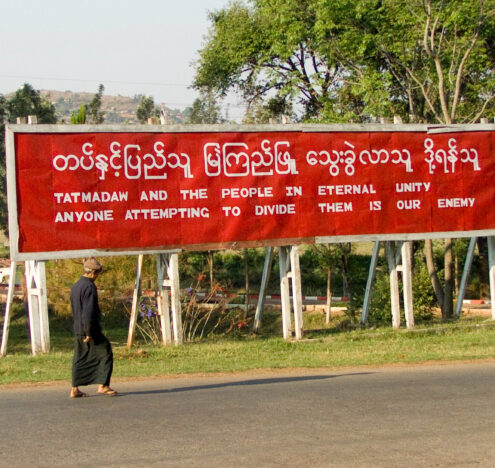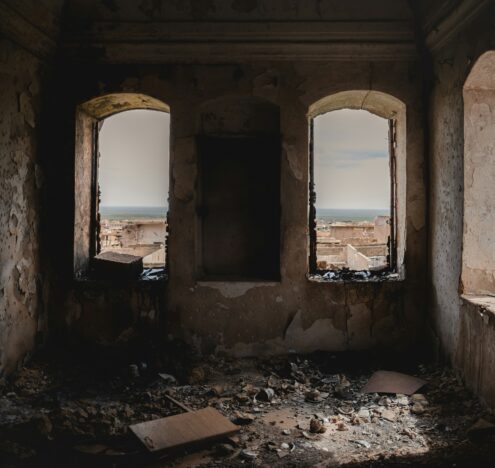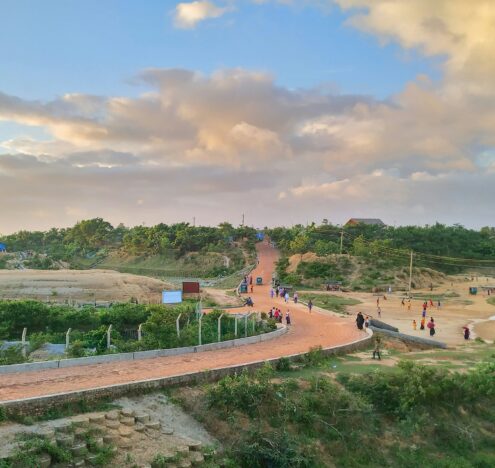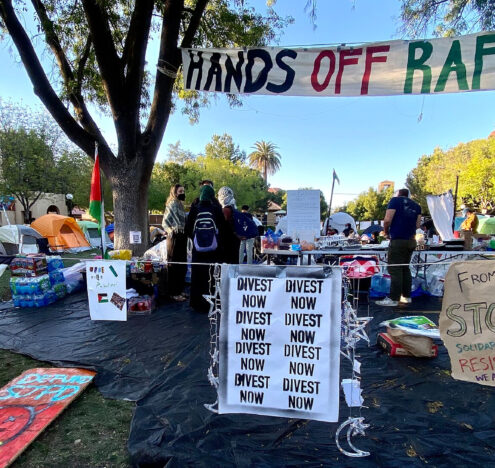When someone is passionate about animals, they might become a veterinarian. If they care deeply about education, they might become an educator. But what are the career paths for those who want to reduce and eliminate nuclear threats? They should — and could — be far clearer.
I grew up in Vienna, the Austrian capital and the city that hosts the International Atomic Energy Agency’s headquarters. Still, my interest in nuclear weapons didn’t develop until I attended school two hours south of Chicago at a campus surrounded by corn fields.
When I recently visited my parents in Vienna, I found a paper I wrote on the unrealistic nature of a “global zero” for nuclear weapons a decade ago. I wrote the paper for my first nuclear weapons-related class at the University of Illinois at Urbana-Champaign (UIUC). At that time, the global nuclear landscape ironically looked better than it had in most of my lifetime. The New Strategic Arms Reduction Treaty (New START) had come into force in 2011, limiting US and Russian nuclear arsenals, and negotiations for the Joint Comprehensive Plan of Action (known as the Iran nuclear deal) were well underway.
In the paper, I argued that “complete disarmament of all nuclear powers in the world is unrealistic.” It was a pessimistic chord to strike, but it may ring even truer now given the world’s geopolitical troubles. New START expires in less than two years — and there are no clear signs it will be renewed amid the Russian war on Ukraine. Meanwhile, the US has shown no indication it will revive the Iran nuclear deal from which former President Donald Trump’s administration unilaterally withdrew in 2018.
Broader View
While I still believe the prospects of a nuclear weapon-free world are slim, I can now take a broader view. This is partially thanks to conversations with students whose places I had been in a decade back.
Over the past few weeks, I’ve engaged with students on both sides of the Atlantic, in part, to encourage them to enter the nuclear field. I met with students on campus at my alma mater, as well as those at the Vienna University of Economics and Business (Wirtschaftsuniversität Wien), both locals and study-abroad students. In Illinois, it surprised and encouraged me that so many students and faculty alike had signed up to meet me that my day was entirely full.
While I still believe the prospects of a nuclear weapon-free world are slim, I can now take a broader view.
I spoke with one such student who was analyzing the use of sound in conflicts. Another was laser-focused on a policy career in international relations. In Vienna, undergraduate students’ keen awareness of the intersection between climate change and armed conflict similarly impressed me.
These interactions left me with a handful of takeaways. One, young people are interested in these topics so long as policy professionals like myself make them more accessible. Two, we need to encourage new ways of thinking about nuclear disarmament. Three, we must welcome new voices from a broad spectrum of disciplines and backgrounds to ensure that the conditions I outlined as an undergraduate 10 years ago don’t lead to disaster. Four, we can only craft a world with the possibility of global zero by encouraging young people to join us. Finally, even as we work toward complete disarmament, we need to be clear that there remains a critical need to lower the risks — and that we need their help to do so.
Tap into Existing Interest
To tap into the existing interest and use it to encourage and create the next generation of arms control professionals, we need to undertake a concerted effort to broaden the talent pool. This means visiting places and universities not traditionally associated with international policy programs. For example, most know UIUC for its business engineering programs, not as a source of policy professionals. Yet, while I was there, faculty told me about a significant well of untapped potential about the student body. Changing the narrow view of UIUC and other schools could help inject new energy into the nuclear disarmament field.
Another potentially important step could be the creation of a central hub to inform young people of what organizations exist and what possible career paths might look like. A Google search for “nuclear nonproliferation jobs” offers a few helpful sites with job opportunities, but from what I can tell, there isn’t much that explains the differences between working in different sectors: the government, nongovernmental organizations, nonprofits, advocacy groups, or monitoring and verification regimes, for instance. If we want to grow the nuclear nonproliferation field, we should make it easier for students and young adults who are interested in this important work.
One thing I didn’t appreciate in 2014 — and perhaps couldn’t appreciate at the time — is the power of interest in the field from those even younger than I was. The idea that young people don’t have nuclear weapons on their minds fell apart amid the central Illinois cornfields and on the Danube River’s banks in Vienna. I might have been pessimistic about the odds of global zero a decade ago, but I can now see the prospects of the coming generations of disarmament advocates. The talent and interest is there. We just have to tap into it.


